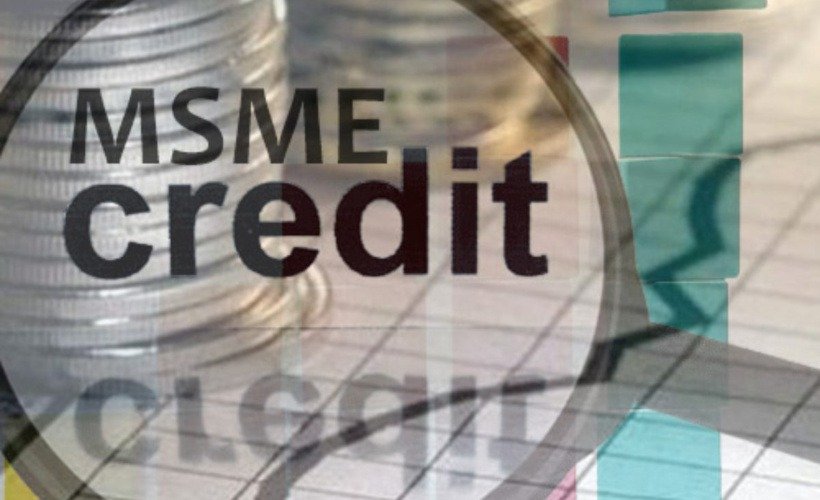
The Central Government has launched the Emergency Credit Line Guarantee Scheme (ECLGS) which gives collateral free loans to distressed MSMEs which have been badly hit under the CoVID-19 lockdown. Goa is seeking modifications in this scheme as it needs an extension in the cut off to March 31, 2020 from the present cutoff date of February 29, for it to be useful for MSMEs.
The modification also seeks to include urban co-operative banks as currently only public sector and private banks are covered under this scheme.
GCCI has sought changes in the ECLGS and has written a letter to the Finance Minister Nirmala Sitharaman, putting forth their revisions.
The GCCI President, Manoj Caculo, states in his letter, that quite a few MSMEs are finding it difficult to avail benefits of ECLGS due to the stipulation that only those accounts which are categorized as standard, SMA-0 or SMA-1 (with overdue of up to 60 days) as on February 29, 2020 are eligible to take the loans.
“It is a standard practice across the country that most accounts which are slightly out of order are generally regularized by the end of every quarter. Hence many of the accounts which might have been out of order or not qualifying as standard or SMO-0 or SMA-1 as on February 29 would have been regularized by March 31,” said GCCI.
GCCI also pointed out that due to an early cutoff date, units are not being considered eligible by their bankers for assistance under ECLGS. Thus extending the cut off would cover more MSMEs and help them tide over the economic distress being faced by them due to the ongoing pandemic.
GCCI also said that many units do bank with co-operative banks, but these co-operative banks are not eligible for guarantee cover from National Credit Guarantee Trustee Company, thus denying many MSMEs the benefit of the scheme.
Till date Public Sector banks have disbursed Rs 21,029 crore under the ECLGS. This scheme aims to increase the liquidity to the MSME sector and is risk free for banks.
The government has allotted a substantial Rs three lakh crore for the scheme towards assistance to MSMEs, which will be considered primarily responsible for economic revival in the State.





